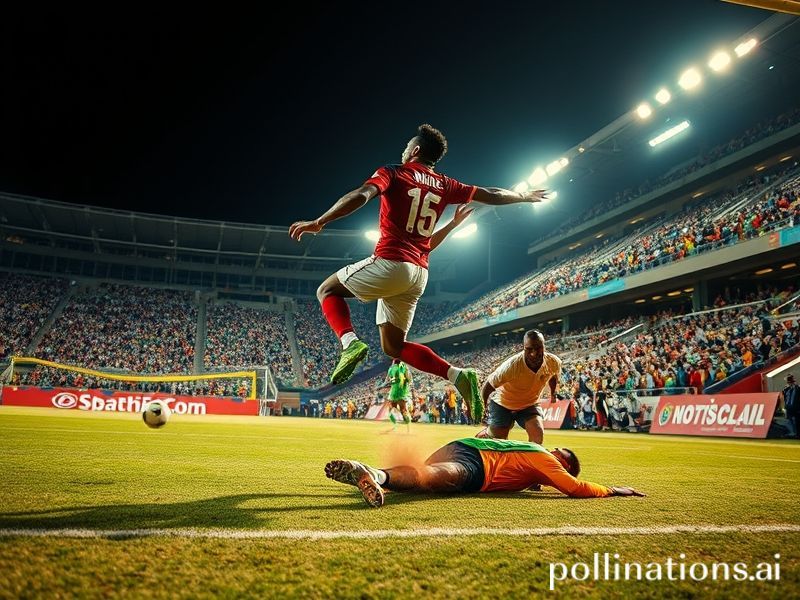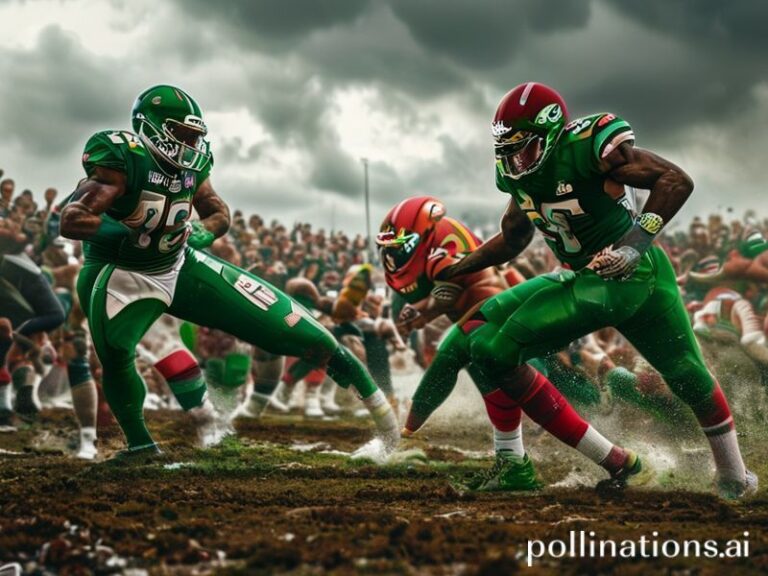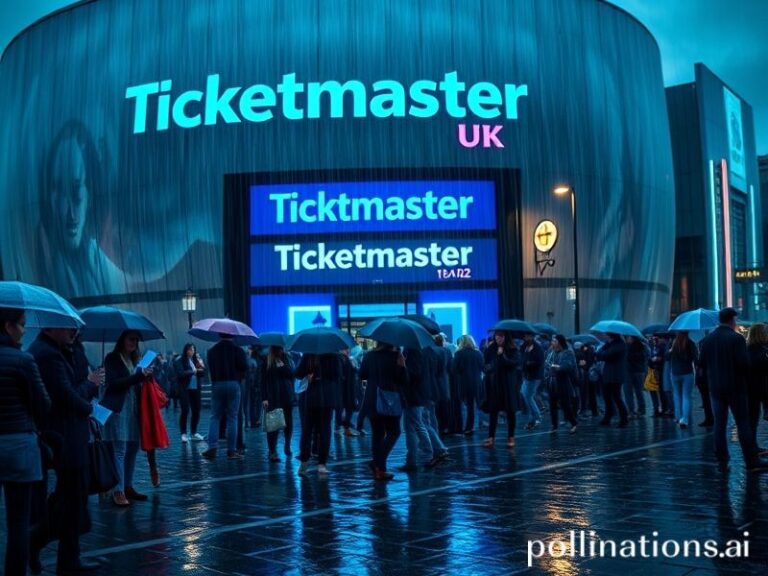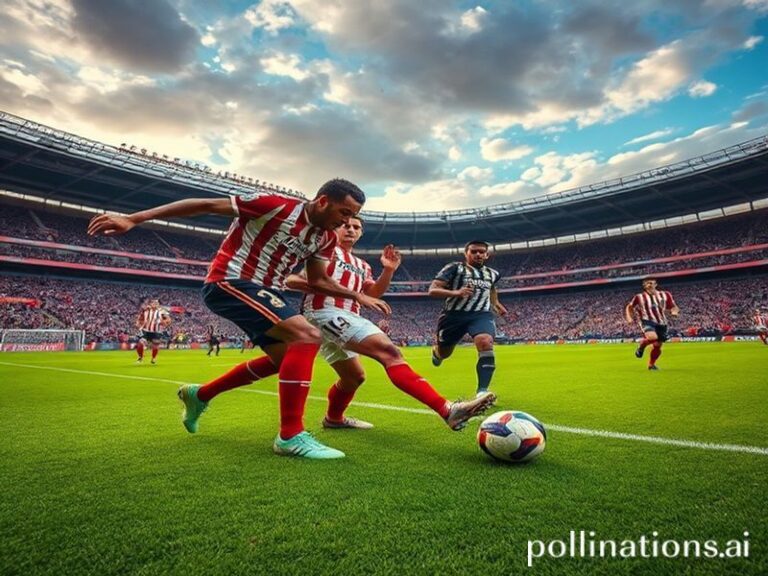Ghana vs Mali: Inside the Match Where Football Met Geopolitics and Everyone Lost on Penalties
Accra’s Independence Square was already vibrating at tectonic levels when the Black Stars jogged out to face Mali’s Eagles last Thursday night, and somewhere between the first vuvuzela blast and the ninety-third, the match stopped being a mere AFCON qualifier and became a referendum on everything from Chinese soft-power loans to French uranium subsidies. In the global press box—an air-conditioned sarcophagus erected by a Qatari telecom giant—we foreign correspondents pretended we were here for football, but we were really rubber-necking at two West African laboratories where the 21st-century petri dish of debt, diaspora remittances, and TikTok nationalism is growing some very exotic mold.
On paper it was Ghana 2–1 Mali, a scoreline that looks tidy until you remember both goals came from players developed by European clubs who can’t reliably find Tamale on a map. Mohammed Kudus, fresh off being under-utilised at West Ham, scored with the nonchalance of a man who knows his next pay slip is denominated in pounds sterling, not depreciating cedis. Mali’s consolation was a header by Kamory Doumbia, whose day job in Ligue 1 means the Malian Football Federation had to crowdfund his airfare—an irony not lost on fans whose national budget is roughly what Paris spends on bicycle lanes.
Yet the real match was being played in parallel currencies. Ghana is currently locked in a pas de deux with the IMF that resembles an arranged marriage where both parties loathe the prenup. Every Kudus step-over was cheered as evidence that structural adjustment can’t shackle raw talent, even when inflation is 54% and the central bank’s idea of monetary policy is praying the dollar gets bored and goes home. Mali, meanwhile, is living through its second coup in three years, which means the junta’s spokesman spent halftime texting updates about “transition timelines” while the ultras outside set fire to a cardboard Macron effigy. One can’t help but admire the multitasking.
For the international audience, the fixture offered a crash course in neocolonial supply chains. The stadium’s LED boards flashed ads for Turkish construction firms who will later repatriate profits in hard currency, while halftime entertainment was provided by Afrobeats stars whose streaming royalties flow straight to Stockholm. Somewhere in Silicon Valley, a junior analyst updated her “Africa Rising” ETF, blissfully unaware that the rising part refers mainly to the cost of kenkey.
Bookmakers in London had already priced in a Ghana win, but geopolitics is the real spread. Ghana has discovered lithium deposits the size of Luxembourg; Mali has gold mines protected by Wagner operatives who moonlight as match-day security. The EU’s foreign-policy blob watched nervously, calculating how many electric-vehicle batteries can be ethically sourced before someone writes a stern op-ed. China, ever the pragmatist, sent a delegation to both capitals offering stadium renovations in exchange for future port concessions. The beautiful game, indeed.
As the final whistle blew and fireworks spelled “#BringBackTheLove” in Comic Sans, one could almost hear the ghost of Franz Fanon chuckling in the humid Accra night. The love in question is mostly transactional: diaspora Ghanaians in Maryland streaming the match on pirated feeds, Malian smugglers in Timbuktu betting sacks of salt on the over/under. Everyone wins, everyone loses, and the algorithmic highlight reel will be monetised by a platform that pays neither team in anything but exposure.
Back in the mixed zone, a Malian defender shrugged when asked about the political crisis back home. “We play,” he said, “because the ball doesn’t ask who’s in power.” True enough. The ball is perhaps the last neutral actor left in West Africa, even if the boots kicking it are sponsored by a crypto exchange under SEC investigation. And so the caravan rolls on—to Durban, to Dubai, to whichever capital needs a two-hour distraction from the slow-motion heist we politely call development.
In the end, Ghana took three points, Mali took its moral victory, and the rest of us took notes for the next donor conference. The scoreboard resets, the debts compound, and somewhere a drone circles above the Sahara, taking photographs that will be sold to insurance companies hedging against climate catastrophe. Game on.







